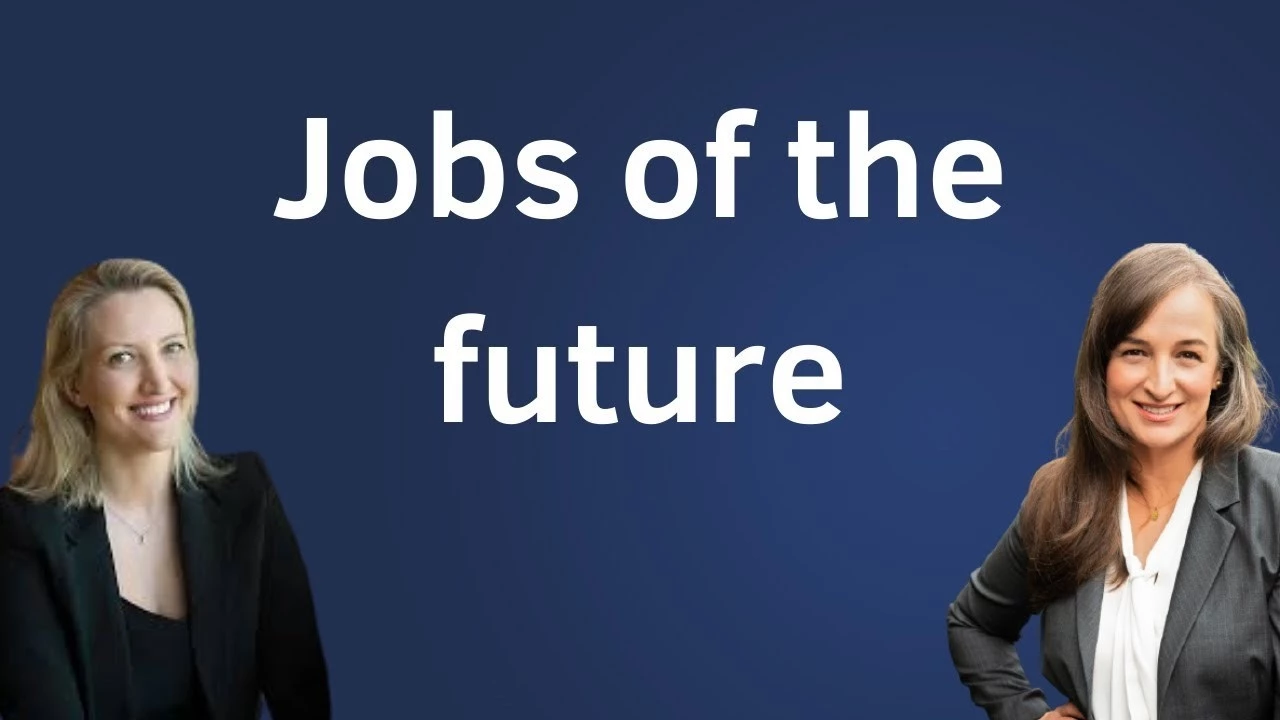Episode 48 - Emerging Jobs and Technologies, with Associate Professor Catherine Ball

This episode was recorded LIVE during the 2020 Digital Innovation Forum (DIF2020), organized by the Department of Job, Precincts, and Regions, State of Victoria, Australia. When the opportunity arose, I immediately thought of Catherine Ball as a perfect guest for this partnership between The Job Hunting Podcast and DIF2020. She's full of energy and generous in sharing her ideas, knowledge, and advice. There was minimal prompting needed from me!
Catherine is one of the most prolific, efficient professionals and entrepreneurs I know. She also blends entrepreneurialism, academia, and corporate life seamlessly, at least from the outside. I am sure there's a great deal of hard work going on to keep all her engines going; she gives us a little bit of insight into how she manages it all.
This episode is one to be enjoyed and listened to a couple of times. It's also full of optimism and hope for a fantastic future of work.
Timestamps to guide your listening
Transcript of this episode
About the Host
Hello, I’m Renata Bernarde, the Host of The Job Hunting Podcast. I’m also an executive coach, job hunting expert, and career strategist. I teach professionals (corporate, non-profit, and public) the steps and frameworks to help them find great jobs, change, and advance their careers with confidence and less stress.
If you are an ambitious professional who is keen to develop a robust career plan, if you are looking to find your next job or promotion, or if you want to keep a finger on the pulse of the job market so that when you are ready, and an opportunity arises, you can hit the ground running, then this podcast is for you.
In addition to The Job Hunting Podcast, , on my website, I have developed a range of courses and services for professionals in career or job transition. And, of course, I also coach private clients.
Contact Renata Bernarde
I’m determined to help you! I want you to feel empowered, nail your next job, and have the career you want.
My free resources for job hunters: The Optimized Job Search: Weekly Schedule & Masterclass.
Learn more about my services, courses, and group coaching: RenataBernarde.com
